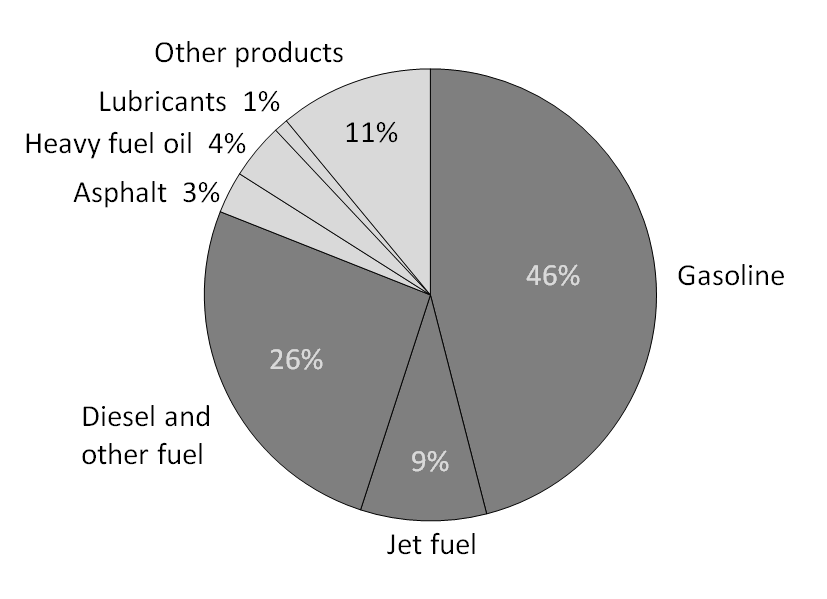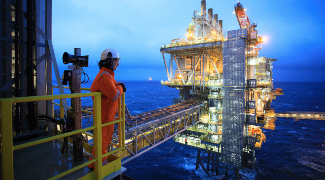They also have massively inferior range and take way longer to 'refill'. There are also end of life financial and environmental costs to consider.
The end of life environment cost is lesser than the case for the constantly polluting ICE. As for "refill", you have to first take into consideration that you can recharge an E at home, whereas for ICE you have to consider the time taken to actually travel to and fro from the bunk, waiting in line for your turn, paying for it etc. I'm sure even your local office will be asked to build infrastructure so you can recharge where you park your car. There's more inconvenience associated with ICE than with E, as long as the necessary fast-charging technology comes in.

Electric car batteries with five-minute charging times produced
Exclusive: first factory production means recharging could soon be as fast as filling up petrol or diesel vehicles
Anyway I wanna stick to the topic on this one. From the oil industry's perspective, regardless of any problems associated with e-cars, the advantages are still plenty enough to cripple the oil industry. Even 15 years, with the scale of investments China is planning for Iran, has the potential to turn Iran into a developed country. You can imagine the kind of instability it will bring if Iran even achieves half of UK's GDP. Hell, right now they are funding three wars and holding an advantage in two of them.







